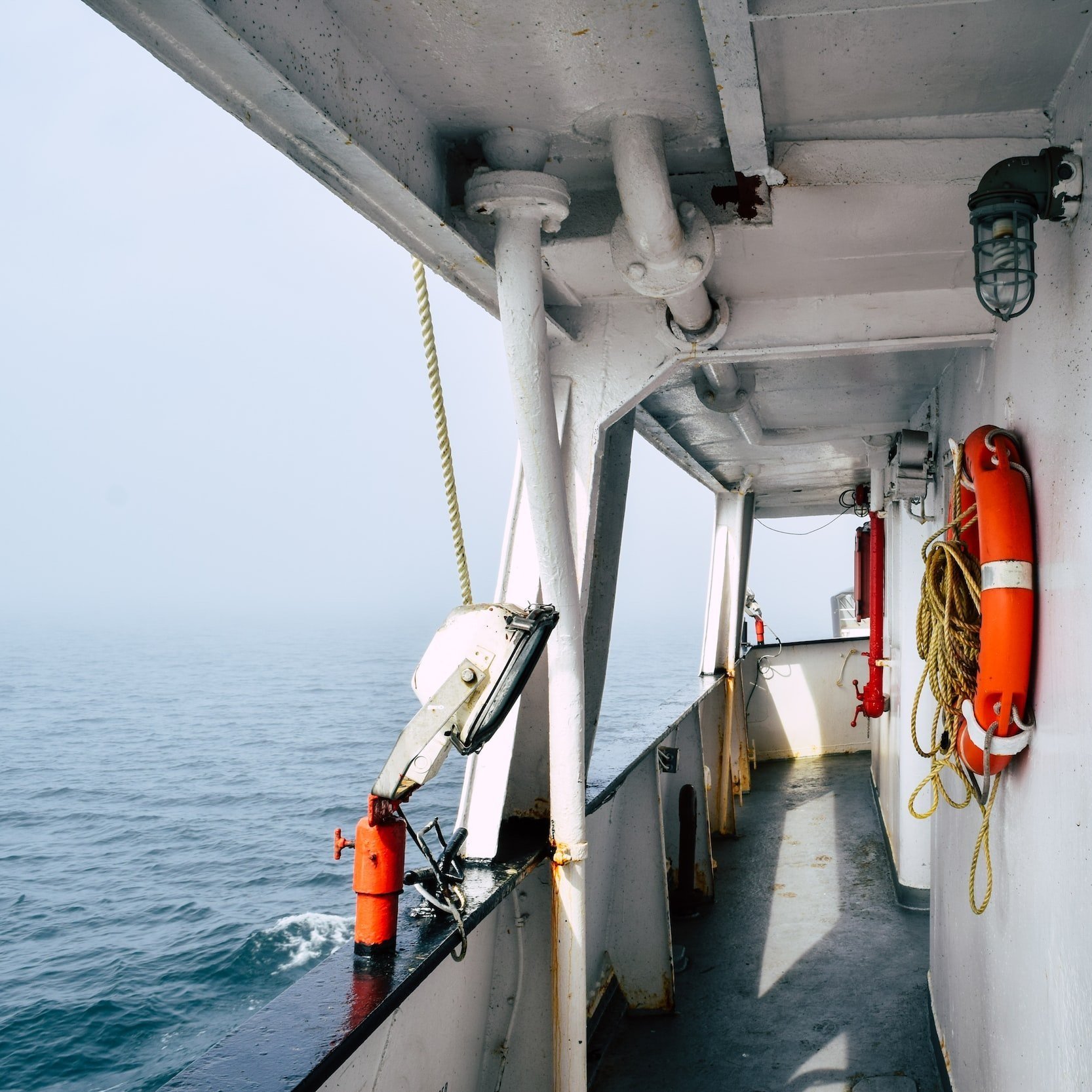The High-Impact Relationship Between Events and People
As a 7-year-old, 18 months after the end of WWII, I traveled with my parents. We boarded Queen Elizabeth and headed to England. The trip was a challenge as the North Atlantic was rough and my dad was in separate quarters from my mom and myself.
My mother, Grace, had inner ear issues so you can imagine how she did not handle the tumultuous seas well. Dad and I did better although I remember heading for the lower level of the ship to a swimming pool of salt water. When we entered the pool area the waves in the pool were crashing against the ceiling. We beat a rapid retreat, and then I threw up all over the place. What a terrible feeling.
Dad encouraged me not to eat and lay down on the upper bunk above my mother. The last few days of the crossing were better. I was standing on the upper outside deck when the White Cliffs of Dover came into view. My dad told me about the last time he’d seen those cliffs. It was 3.5 years before when he came from New York on a troopship preparing for the Normandy invasion.
Our time in London was brief but memorable, even for a 7-year-old. I vividly remember the metal cage elevator in the hotel. It made a tremendous racket and I was scared it could not stop, other than by crashing against the lowest level of the hotel. As is true with so many experiences, the fear comes from an unrealistic expectation. Mom and I did sit together for afternoon English tea. Everyone was very dressed up and I felt out of place with my short pants and corduroy hat. Very fashionable in America at the time, not so much in bombed-out London.
Then the overnight boat voyage across the English Channel to Rotterdam, Netherlands. Unfortunately, the North Sea did its best to mimic the worst of the Atlantic crossing. I spent the whole time in a very small cabin, again with my mom, holding on to the handrails on either side of the bed. I came close to emptying my stomach again but managed to swallow it down. Sounds gross as I write it, but that’s the way it was.
After a Dutch train ride to Utrecht, we finally disembarked in Zeist, our hometown for the following year. A beautiful little town with charming woods and thankfully, no bombed-out buildings. However, there was plenty of evidence of the Nazi occupiers both physically and emotionally. There is so much more to tell about the events of that year in a foreign land. Living, eating, school, language, and 100 other cultural issues were the events that changed my life. I can learn. I can change. I can persevere, I can make new friends, I can appreciate others and their ways no matter how different from my own. My way is not always the right way or even the best way. Be open, be transparent, be observant, and become who God wants me to be. Those are some of the lessons I hold onto today.
I doubt if many readers joined me in remembering the events of 1947-48. But each one of you has your own events that changed your life.
Every country and every sub-culture within the country has memorable events. There are highlight events that become deeply imprinted on the memory of the culture. All American’s can visualize the events surrounding July 4th, 1776, the raising of the flag on Iwo Jima, the bombing of Pearl Harbor, the First world war and the pandemic of 1918-1920. Then the death of John F. Kennedy, and the shock of 9/11. Now the Corona pandemic of 2020 will be added to the list.
Although we remember events, even more importantly, we remember how people have been impacted by those events. Events by themselves are composed of acts, both physical and man-made. When I return to Rotterdam, Amsterdam, Zeist and Utrecht, there are virtually no signs of the destruction I witnessed as a boy. Although the event itself is relegated to the history books, the impact on people’s lives remain. I’m a good example. I learned I could face strange and challenging circumstances and survive. I learned that there are bad people in the world that kill many. I learned about my ancestry, their stories, struggles, pain, and sacrifice. All the events of my year in The Netherlands and the events of the prior 4 years, played a key role in shaping who I am and who I am still to be. You see, the people live on while the events recede into a dimly remembered past.
The painful events result in memories, those memories have a great and long-lasting impact. The event passes and the physical destruction is replaced with the new and often improved. It is the connection between the people impacted and the event that is important. For this reason, the impact extends a long time into the future. People are the carriers of emotions and what they learned. The lessons they associate with the event.
God has a plan for each of our lives. According to His word, these plans began before the beginning of time and are embedded in each of our DNA. Then we are shaped by the events we experience as we flow through the journey of life. Our interaction with those events then plays key roles in shaping who we are and even how we will respond to new events. We change because of what we learn. This is all part of God’s life plan and key elements of who we become. God’s plan continues to evolve the longer we live. This is the reason we cannot go into a frozen state when we retire. There is so much more to learn. We will always be new in Christ.
We are each called to be Faithful for a Lifetime. Faithfulness means growing in trust and confidence in God. That faith becomes part of who we are and is critical to our Kingdom-building commitment. Each event, each step of our journey is part of God’s plan for our lives regardless of its length.
I must admit I struggle to interpret all the events of my life. Some, like the year overseas, is quite clear. Interestingly, as I rethink those long-ago events, I find new lessons to be applied today. Lessons about myself and lessons about my relationships with others. There is a lasting connection between events and us. Take a few moments and reflect on the key events of your life and their impact on you then and now…it is startling.
Sometimes the painful events of our past become too important in our present. Pray for the memories of those events to dim even further, and the positive lessons to be brought forward.
In His Name and for His Kingdom,
Bruce


